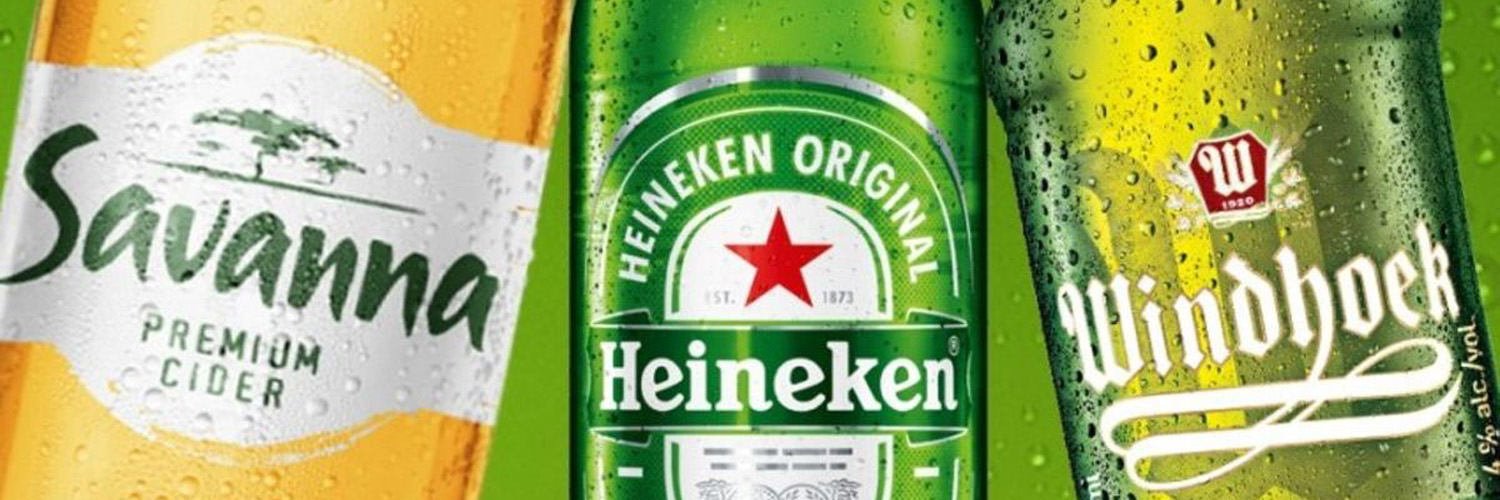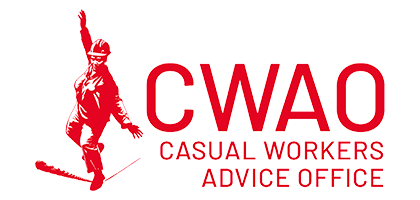
CWAO IN THE NEWS
Heineken urged to shield Distell casual workers from sexual abuse
24/01/2023
Publication: News 24
Author: Nick Wilson

Appeals for commitments from Distell to eradicate all abuses of temporary workers
- The Competition Tribunal hearing into Heineken's proposed takeover of Distell heard appeals on Tuesday for commitments to eradicate all abuses of temporary workers, following allegations that temporary workers have been sexually exploited by labour brokers.
- The Commission for Gender Equality is probing the allegations.
- Distell has promised an audit, saying it already has a "beyond compliance" stance on such matters.
Legal counsel for non-profit organisations representing workers employed through labour brokers at Heineken and Distell's SA operations want the companies to commit to eradicating all human rights violations affecting their workforce - not only probe specific allegations of abuse.
They also want competition authorities updated on the issue regularly, and want the possibility of permanent employment investigated for vulnerable workers.
This follows allegations last week that supervisors at third-party labour brokers were sexually exploiting vulnerable women who had temporary jobs at their operations in SA. The allegations were submitted to the Competition Tribunal hearings into the proposed R40-billion takeover of Distell by Heineken.
Advocate Jatheen Bhima, briefed by the Centre for Applied Legal Studies (CALS), acting on behalf of the of the Germiston-based Casual Workers Advice Office (CWAO) and the Stellenbosch-based Women on Farms Project (WFP), said at the hearings on Tuesday that the parties should commit to updating the Competition Commission on an annual or bi-annual basis.
The CWAO also outlined allegedly poor working conditions offered by third-party labour brokers to temporary workers, adding that it would like to see temporary workers offered permanent jobs so that they were no longer subject to third parties.
Bhima said the merging parties should conduct a public interest assessment within a month to show the impact of the merger on these vulnerable workers, and also what the impact would be of hiring them permanently.
Advocate Robin Pearse, SC, representing Heineken and Distell at the hearings, told the tribunal last week that the merging parties would be conducting a thorough audit of service providers' adherence to the standards required by both companies in their agreements, including the provision of lawful and dignified working conditions.
Power to intervene
Bhima suggested on Tuesday that Heineken and Distell did have the power to intervene and ensure these workers were treated fairly..
Although these workers were hired by third parties, he said this did not mean that the two were powerless over the conduct of labour brokers. He said the sheer size of Heineken and Distell, and their bargaining power, meant they could "make or break any labour broker"..
He also said that while R16 billion was to be invested in SA by the merged entity - according to conditions agreed to with competition authorities - there were workers at its operations that were living "at or below the bread line". .
As part of the case that WFP and CWAO are making to the tribunal, they argue that the business models of Distell and Heineken depend on a proliferation of seasonal and ad hoc workers. They argue that no "vulnerable" workers were consulted at all about Heineken's tie-up with Distell.
State probe
Meanwhile, the Commission for Gender Equality (CGE) said in a statement on Tuesday that it was launching an investigation into the "disturbing allegations" of sexual exploitation of vulnerable workers at the two companies' operations following the revelations at the hearing last week. "The CGE will launch an independent investigation into these allegations to establish the facts and take necessary action against any implicated parties."
Distell's acting corporate and regulatory affairs director, Eric Leong Son, said in a statement that Distell had already planned to investigate the "current allegations" and would "fully cooperate with the Commission for Gender Equality".
He said the company had a "beyond compliance stance" on all matters relating to human rights and responsible sourcing within its value chain.
"We follow global best practice and live these values and therefore take these matters very seriously via our social ethics committee, our sustainability council, our board, our exco, our leadership team and all at Distell, including everybody in our value chain."
Leong Son said Distell followed a strict due diligence process and ensured "full commitment of our values and fair treatment of all in our value chain".
It also embraced "clear human rights standards, including zero tolerance for harassment, and other human rights violations and expects the same from all its suppliers, delivery partners and service providers".
Distell said all concerns and complaints regarding unethical behaviour could be reported through its toll-free ethics line and that it undertook "to thoroughly investigate all matters and take the necessary actions flowing from such investigations".
A Heineken spokesperson said the group was "concerned to hear such disturbing allegations", adding that the company was committed to "conducting business with integrity and fairness with respect for people, the law and our values".
The brewer said it also sought to do business with partners and suppliers who shared its "values and commitment to responsible business conduct".
"Where we find evidence of conduct that does not meet our standards we will investigate and act accordingly. We have already committed to a full investigation of the allegations and will of course work in full cooperation and transparency with the Commission for Gender Equality and all other relevant stakeholders."
Thembalakhe Silo, national treasurer of the National Union of Food, Beverages, Wine, Spirits Allied Workers (NUFBWSAW) also weighed in on the alleged poor treatment and abuse of temporary workers by personnel working for third-party labour brokers, saying the "rules that apply to Distell or Heineken employees should also be applied to labour brokers".
He echoed the view that Heineken and Distell should look into offering permanent employment to these workers, saying that when it came to filling vacancies as they came up, preference should be given to these temporary workers that are already working on their sites.
He said there should be an independent investigation into the allegations against labour brokers that included union representatives.
Job losses
Beyond the issue of alleged abuse by labour brokers, Katishi Masemola, who conducts research for advisory firm SIGC Consultants acting on behalf of the National Union of Metal Workers of SA (Numsa), made a submission to the tribunal on Tuesday, essentially raising issues around competition concerns and public interest considerations.
Masemola told the hearing that regarding competition concerns, Numsa supported "divestiture as a remedy" for the merging parties subject to a black-majority-owned company acquiring any assets sold. In terms of a ruling by the Competition Commission, Heineken is divesting of its Strongbow brand. Heineken has already committed to implementing this in a manner that promotes transformation in the industry.
As far as the public interest issues are concerned, Numsa also wanted job security to be guaranteed. It also wants a beneficial employee ownership scheme (ESOP) that would hold 10% of the merged entity, rather than the 6% that Heineken and Distell had agreed to with competition regulators. Heineken representative Joost Broekmaat told the tribunal this week that a maximum of 166 duplicate roles could possibly be axed as a result of the merger, in a worst case scenario. This had been revised from what was initially anticipated to be 230.
